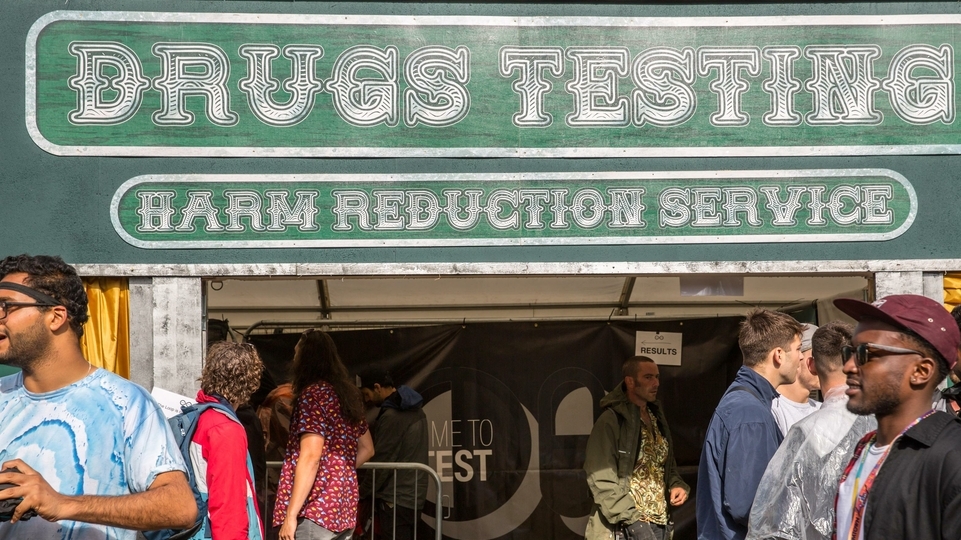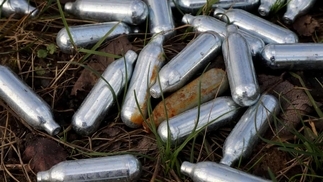COVID-19 and Brexit led to rise in fake MDMA circulation, study finds
45% of samples believed to be MDMA that were tested at three festivals in England last summer in fact contained none of the drug

A rise in fake MDMA in the UK is being caused by supply chain issues fuelled by Brexit, the COVID-19 pandemic and ongoing police crackdowns.
A new, peer-reviewed study, the first to look into the recent trend of the circulation of fake MDMA, has been conducted by drug harm reduction charity The Loop and published in The Drug Science Policy and Law journal. The study was carried out after The Loop set up testing laboratories at three festivals in England last summer to carry out research on more than 2,000 substances that were both seized and handed in to drug amnesty bins.
The organisation also went to the same festivals in 2019, and produced its research by comparing the results from each summer. Scientists found that 45% of the tested samples in 2021 that were believed to be MDMA, either in crystal or pill form, actually contained none of the drug at all – a significant increase from the 7% that contained none at all in 2019.
Caffeine and synthetic cathinones are among the main substitute ingredients that have been found in the tested substances, with each accounting for a fifth of the tested samples. People who had taken drugs found to contain these substitute ingredients have reported negative effects such as anxiety, psychosis and prolonged insomnia.
The Loop has also warned that this trend poses a significant threat to people using recreational drugs at clubs and festivals in the UK as it may encourage people to redose on drugs more frequently when they don't achieve the desired effects of euphoria.
Putting forward a theory for why this trend has come about, the study says: "As nightlife and festivals reopened in July 2021 in the UK, several months ahead of many other European countries, the sudden boom in demand for MDMA and other party drugs coincided with disrupted manufacturing and retail provision. These factors together created an unmet demand, exacerbated by Brexit-related supply chain issues, readily filled by cathinones."
The Loop has predicted that these issues may continue into this summer's festival season in the UK as the drug trade continues to be disrupted by COVID-19 and Brexit-related supply chain issues.
Read the study in full here.
Revisit DJ Mag's recent feature on the importance of harm minimisation in UK clubs here.





